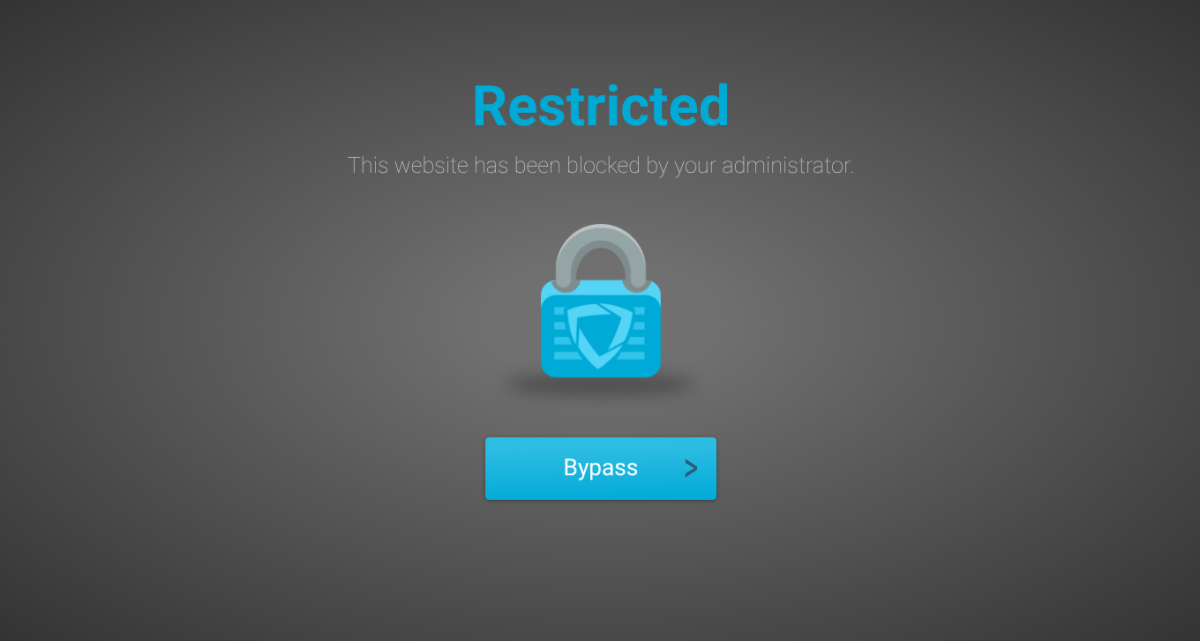On the first day of school, U.S Government and European History teacher Kirstin Sullivan began attendance with a warning; if students wanted to be identified by a different pronoun than that listed in online grading system Infinite Campus, the law would require her to report the change to school administration. She was not alone. Passed earlier this year in Iowa, Senate File 496 has made it mandatory for teachers to report student requests to use pronouns other than those listed in school records to school administration.
For LGBTQ students, the decision brings new challenges to an already difficult period of their lives.
“I can’t count on one hand how many people I know in this school specifically, who if their parents found out that they were part of the LGBT community, they would just straight up get kicked out of their house – and that’s terrifying,” said Min Williamson. Williamson is a sophomore who identifies as a transgender female.
“There are a lot of people who look in the mirror and they’re like, ‘Dang, I wish I was more muscular and more thin.’ It’s really not the same thing as when you look in the mirror and what you see staring back at you is so viscerally wrong,” said Williamson, who has struggled with her mental health, dealing at times with depression and suicidal ideation.
Proponents of Senate file 496 argue the importance of faith and returning authority to the hands of parents.
“We need to take these schools back into our hands, the parents’ hands, the grandparents’ hands,” said Jennifer Turner in an appearance on Faith Works Live, a faith-based podcast. Turner is the co-chair of the Polk County Mom’s for Liberty chapter, a parent’s rights organization.
Many have also emphasized the role of the family-unit. “Strong families produce strong societies, strong families produce a strong state, when we weaken the family lo and behold government has to step in and government does a lousy job as dad, as mom. It’s just not going to work. God put us into families for a reason, it’s a good thing,” said Rebekah Haynie, the host of Faith Works Live, during her conversation with Jennifer Turner.

Transgender students, however, believe that the legislation specifically targets trans youth.
“It was never about the parents. This is targeted, anti-LGBT legislature. It’s promoting the message that it’s perfectly okay to attack and harass these people because of who they are,” said Williamson.
For Lucas, a transgender student identified under a pseudonym, Senate File 496 encourages an extreme amount of parental involvement in the process of understanding a person’s sexual identity. “It’s not a choice, and it does take time to figure out where you land on your sexual gender identity. It’s okay for [parents] not to be involved in every single step of the process, because it’s a personal journey…People helped me through it, but that’s because I chose to let them help me,” said Lucas.
Since the passing of Senate file 496, Lucas has noticed a greater disconnect between him and his teachers.
“I can’t talk to them about the same things,” Lucas said. “I can’t explicitly be like, ‘Hi, call me a dude,’ because then they have to report that.”
Lucas sent his teachers an email before the beginning of the school year explaining that he preferred to use the nickname listed in Infinite Campus rather than his dead name. The incident was reported.
However, reporting student pronouns occurs in small, isolated incidents. Most LGBTQ+ students who prefer to go by different pronouns than those assigned at birth have already changed their pronouns in Infinite Campus.
“A majority, if not most of our students that identify anywhere on the LGBTQ+ spectrum, have discussed this with parents and most have their parents’ support,” said John Burke, a counselor at Ames High School and co-leader of SPECTRUM – Ames High’s Gender and Sexuality Alliance.
Senate file 496 has done more to create broader, less direct impacts. Members of SPECTRUM have seen an increase in bullying since its passage. At Ames High’s annual club fair in September students flooded SPECTRUM’s sign-up sheet with fake names.

The legislation has also become yet another law that restricts what educators can say in the classroom.
“‘Where does the teacher’s right to free speech begin and end?’ I want to be careful in my position as a teacher, I don’t want to be divisive, but I don’t want to alienate students. I don’t want to alienate the community, and that’s hard because staying neutral might be seen as not being neutral at all to some students and families. It’s an extremely vexed position to be in,” said Alex Grapp.
Grapp is a co-leader of SPECTRUM and is the first openly gay teacher at Ames High. Grapp worries that the legislation may push students to come out to their parents before they are ready to do so.
“I didn’t really get to choose how I came out. My parents just kind of figured it out and asked me, and like I was not ready to have that conversation at all…I think a lot of kids would prefer to choose their terms, how they share that with their family. Because sometimes it’s just something you’re not ready to let out into the light,” said Grapp.
For Lucas, who began exploring his gender identity in middle school, focusing on schoolwork would have been far more difficult had Senate File 496 been in effect at the time.
“I probably just would have been constantly distracted, constantly worried. Just because it’s like you’re walking on eggshells everywhere, and the minute you slip up, it’s over pretty much,” he said.

























